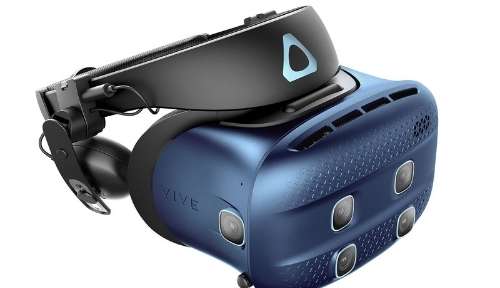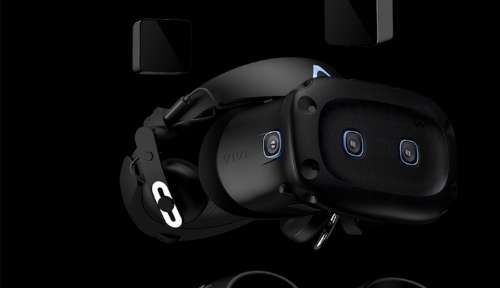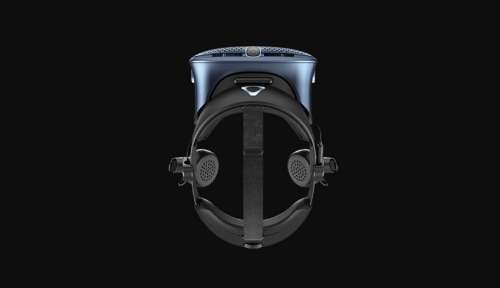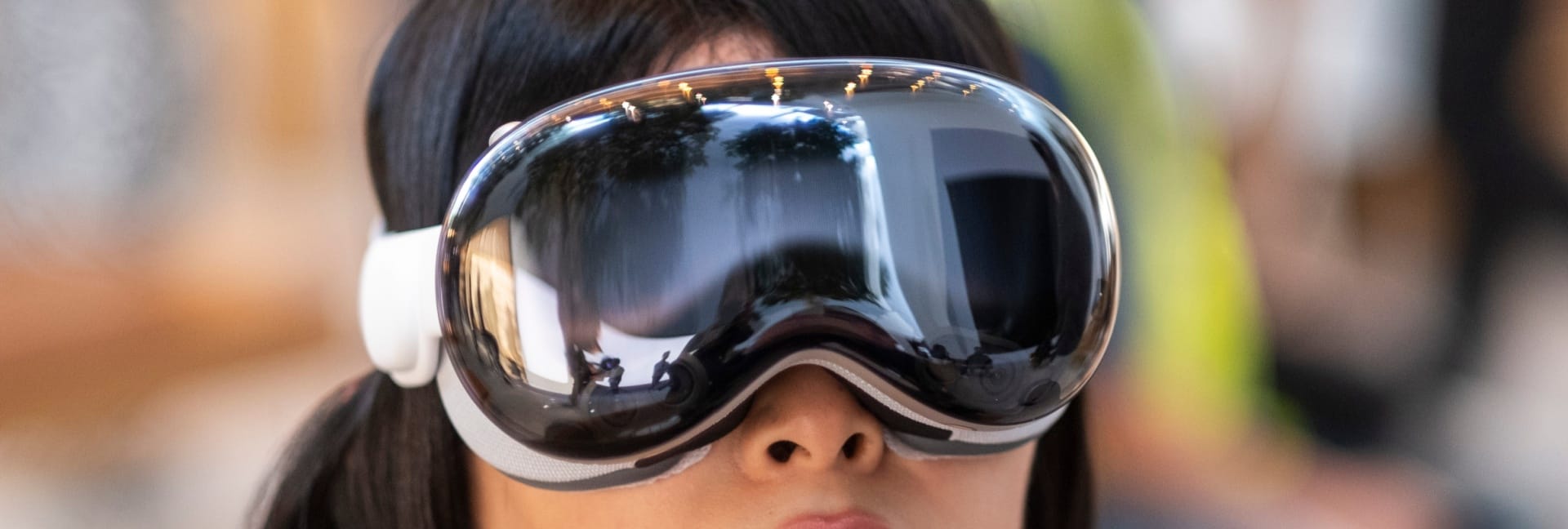What does the future hold for augmented reality? Is it little more than a gimmick or will it change the way we see things and enhance our experiences?
Augmented reality will develop in line with mobile technologies, for example, more augmented reality apps which provide additional information that enhances what is already there. One example of this is an app which tells you about places of interest whilst you are on holiday or travelling for business. All you do is point your phone at an appropriate landmark or area of interest which then displays relevant information.
Another area where augmented reality is making its mark is computer games (which also include mobile games). Currently there is a selection of games for Mac, PC and various consoles such as the Sony PlayStation which is set to expand.
Other areas where augmented reality could be used include:
- Medicine, e.g. anatomy training for medical students
- Fine Art, e.g. as part of a mixed media artwork
- The military, e.g. provide locations of enemy positions
- Sales and marketing, e.g. used to promote a new product.
- Industry, e.g. help with prototyping (engineering)
- Teaching, e.g. explore aspects of an ancient civilisation as part of a history lesson.
- Safety, e.g. used as part of a road safety campaign
Other examples include politics, architecture, performing arts and interior design.
Arguments against augmented reality
This technology has its limitations which are likely to be overcome at some point in the future. But, nevertheless, it is important to be aware of them. These include limitations regarding GPRS, information overload and privacy. With privacy there is a danger of someone having access to sensitive or private information about another person and without their consent.
The argument about information overload is applied to technology in general. There are people who argue that we live in a constantly switched on society with 24/7 technology on demand which is changing the way we see and think about things. This is not always a bad thing but there is a danger of spending too much time in the virtual world and missing out on some of the fantastic things in the real world.
Is augmented reality viewed in the same way virtual reality was back in the late 1980’s/1990’s when it was billed as the next big thing? The question is whether augmented reality will live up to its promises and deliver high quality, amazing experiences.







